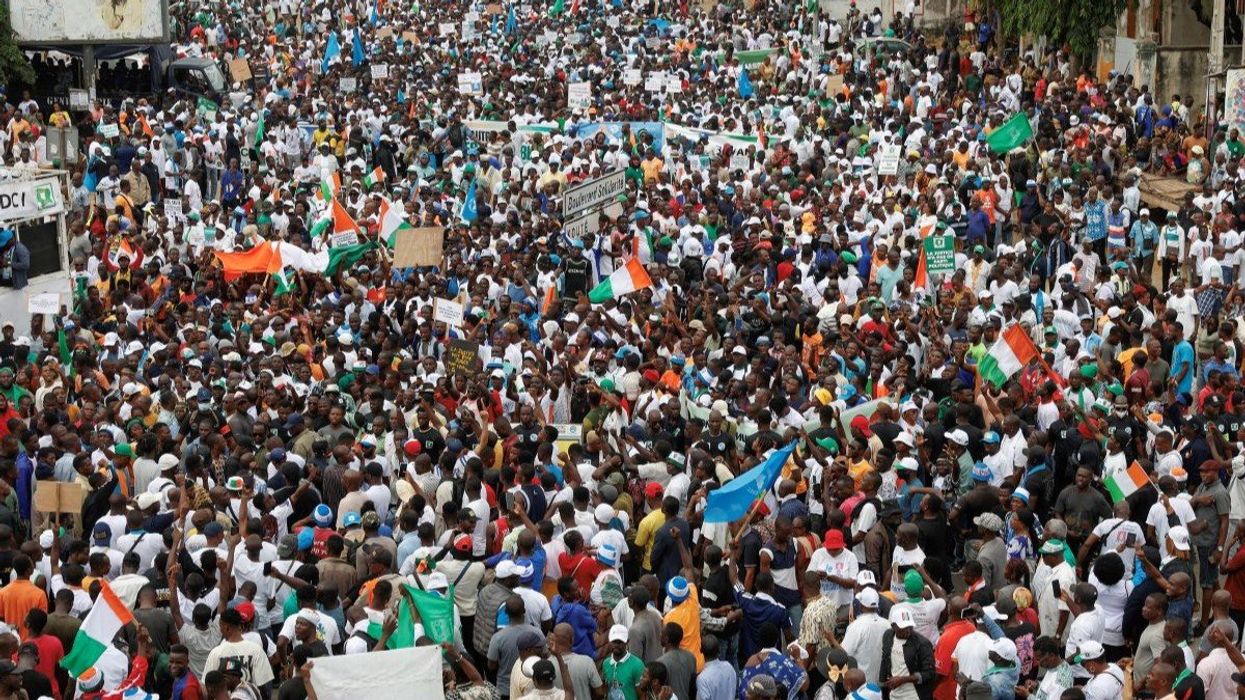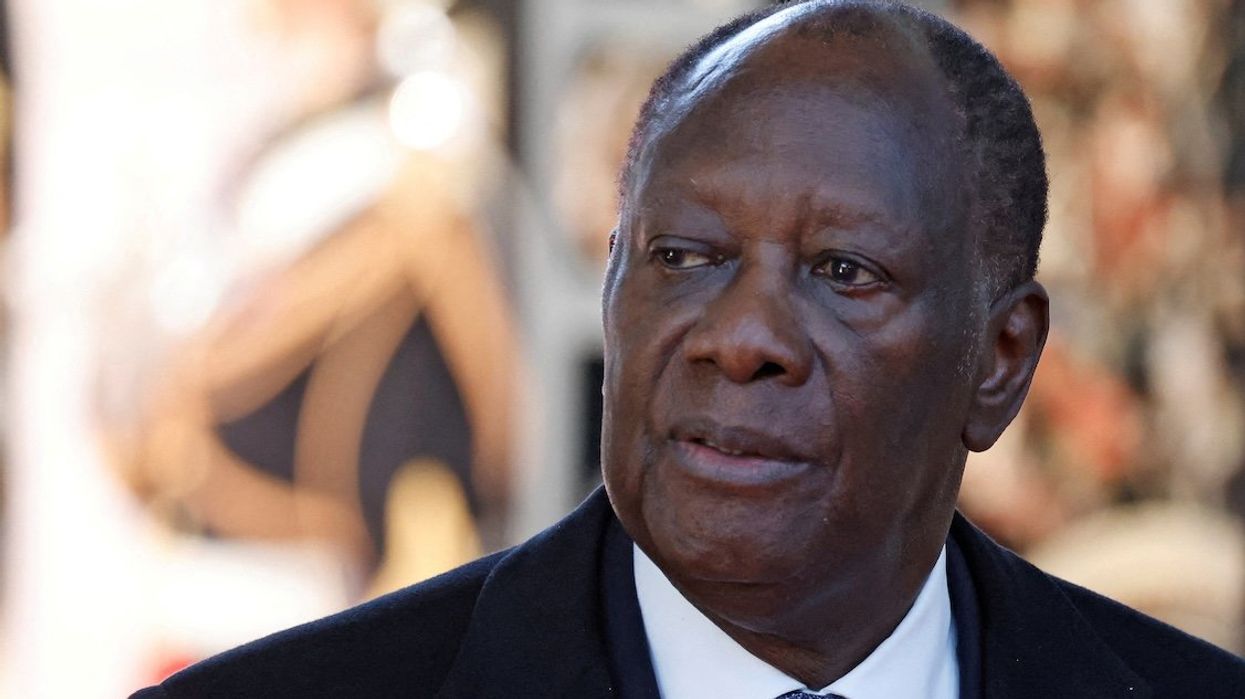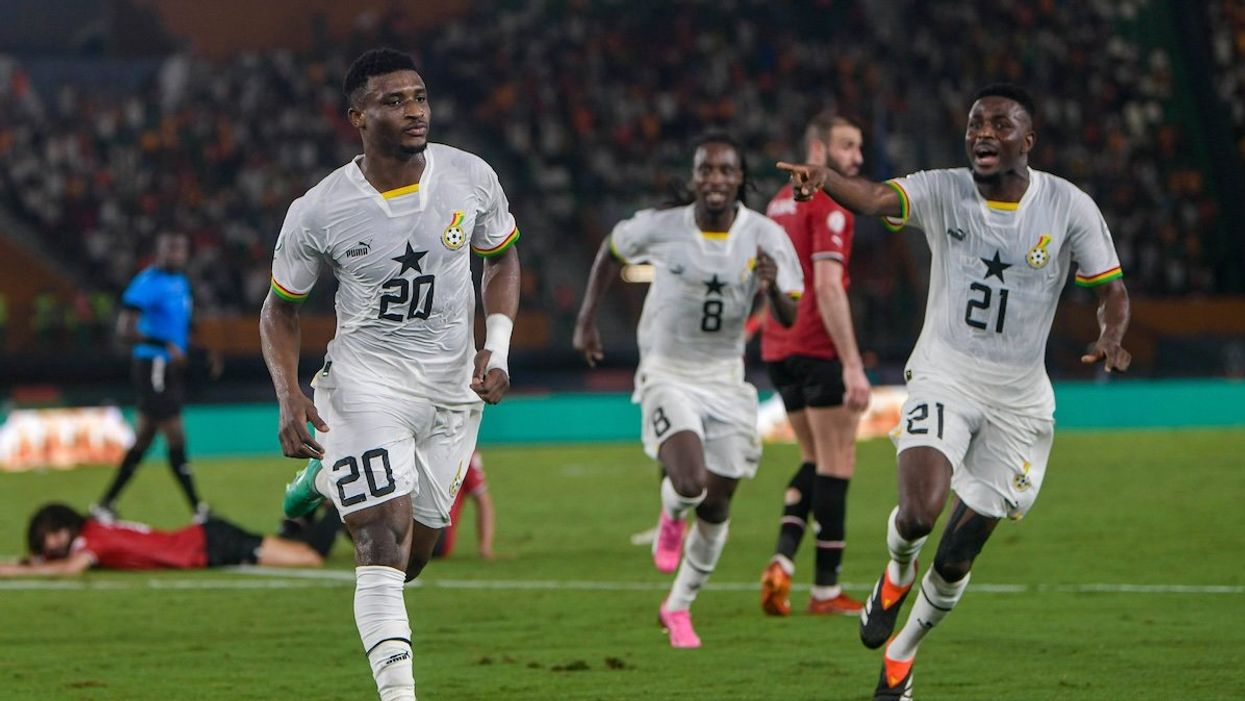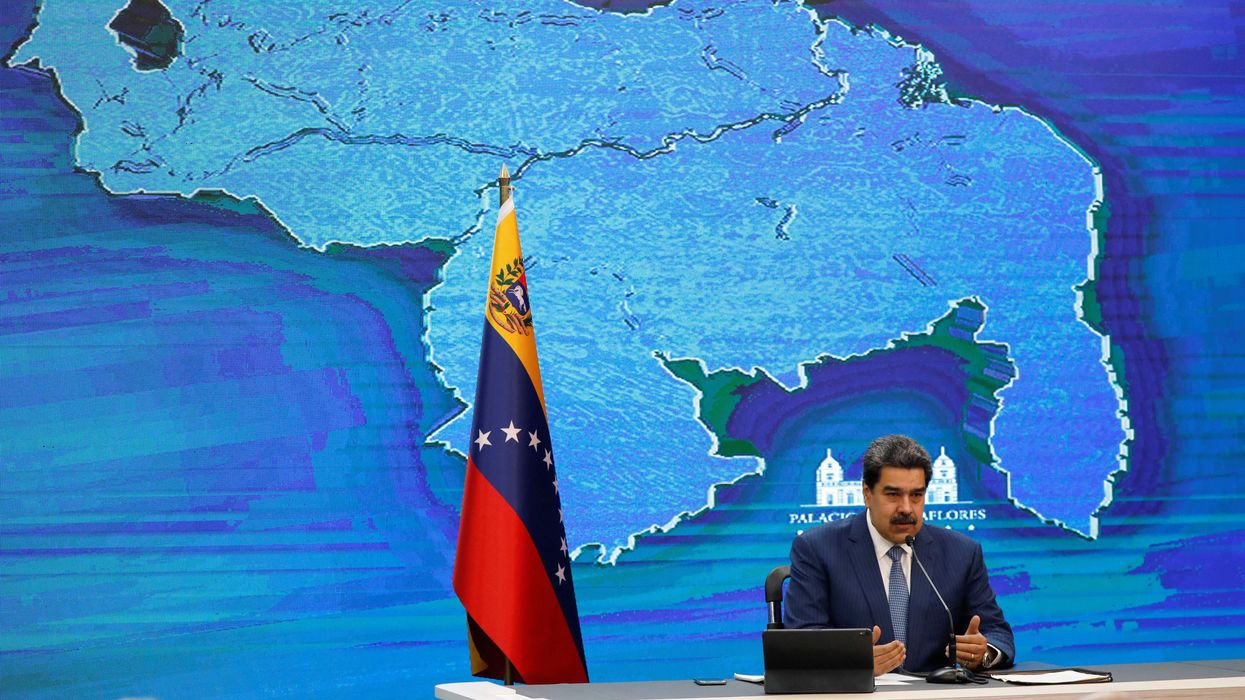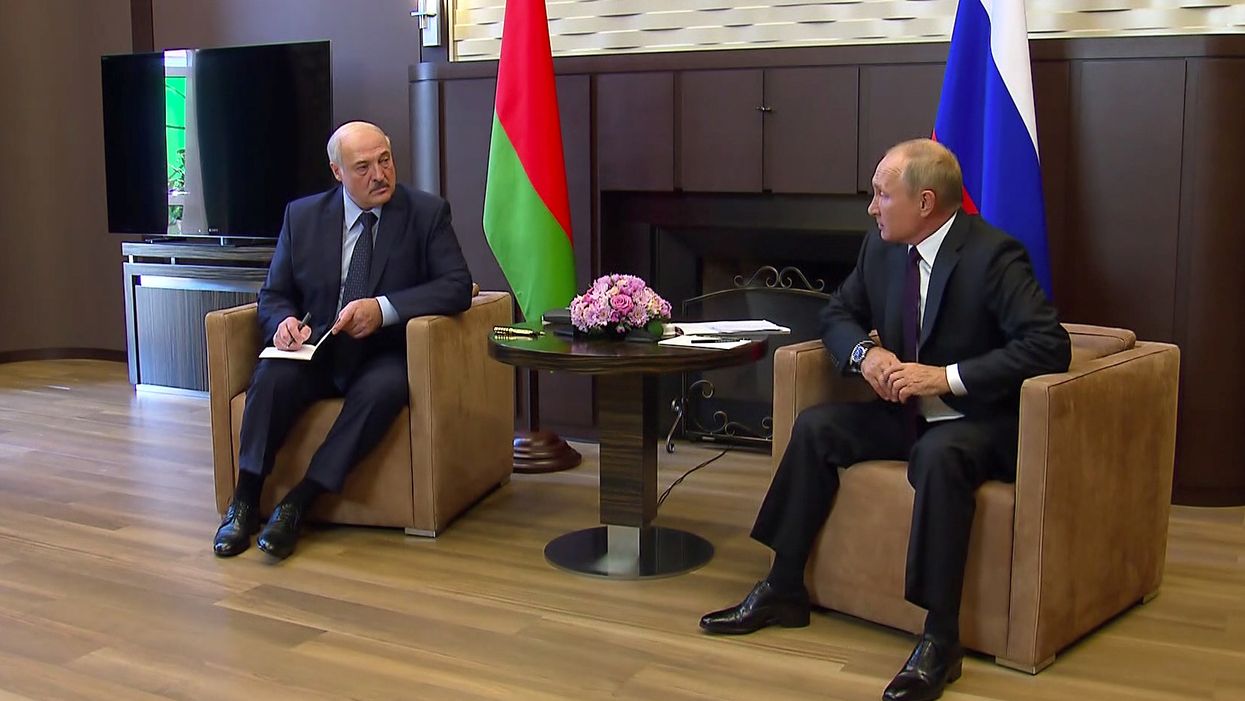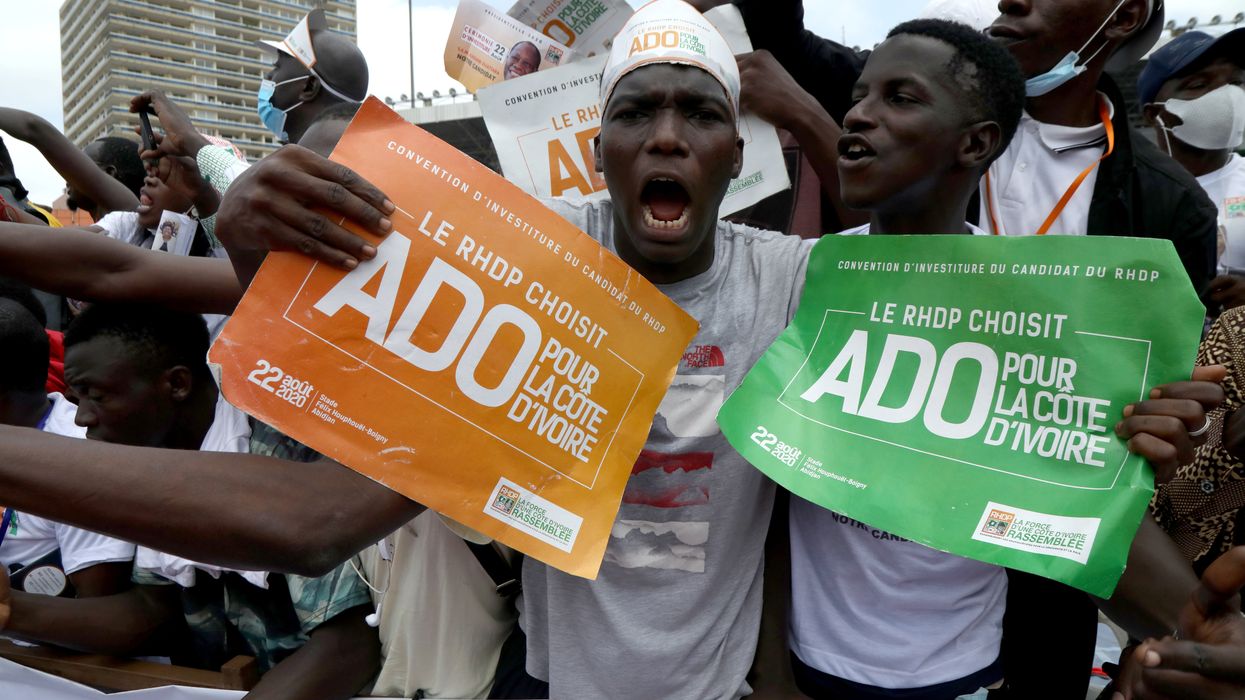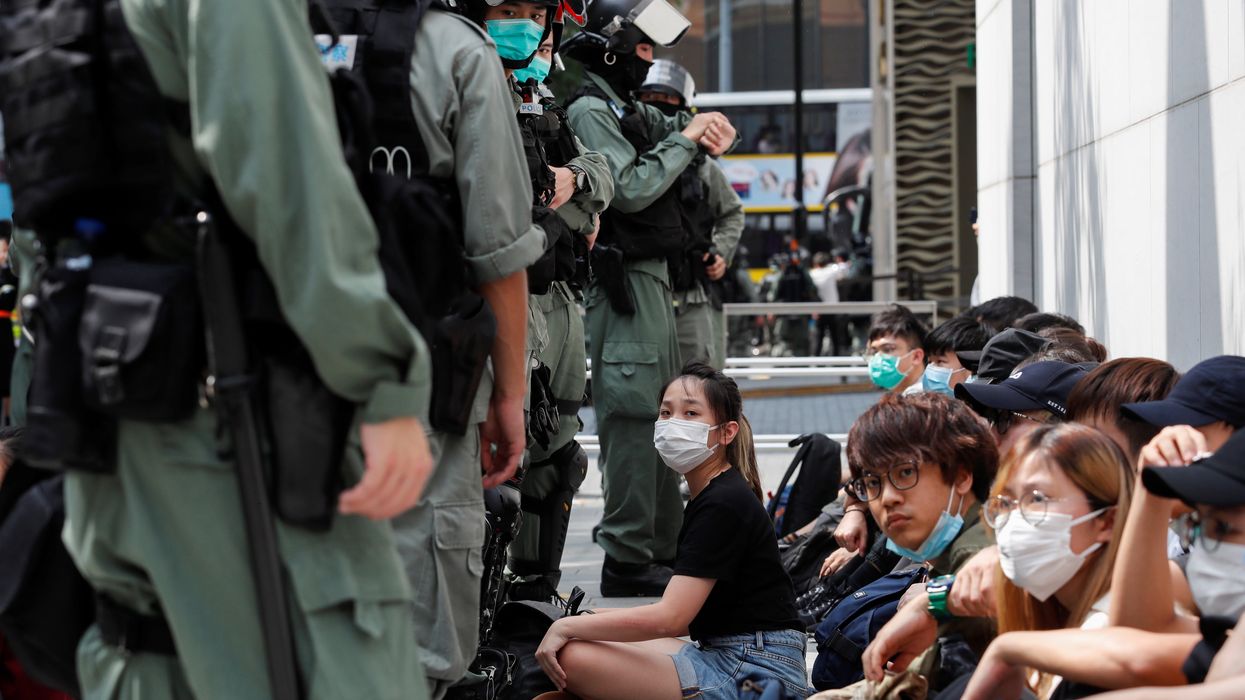Analysis
Africa’s age gap: Young nations, old rulers, big problems
Africa is one of the youngest regions on earth. Yet several of its most powerful leaders are in their 70s and 80s – and they’re refusing to cede power, despite growing opposition to their rule.
Aug 12, 2025
